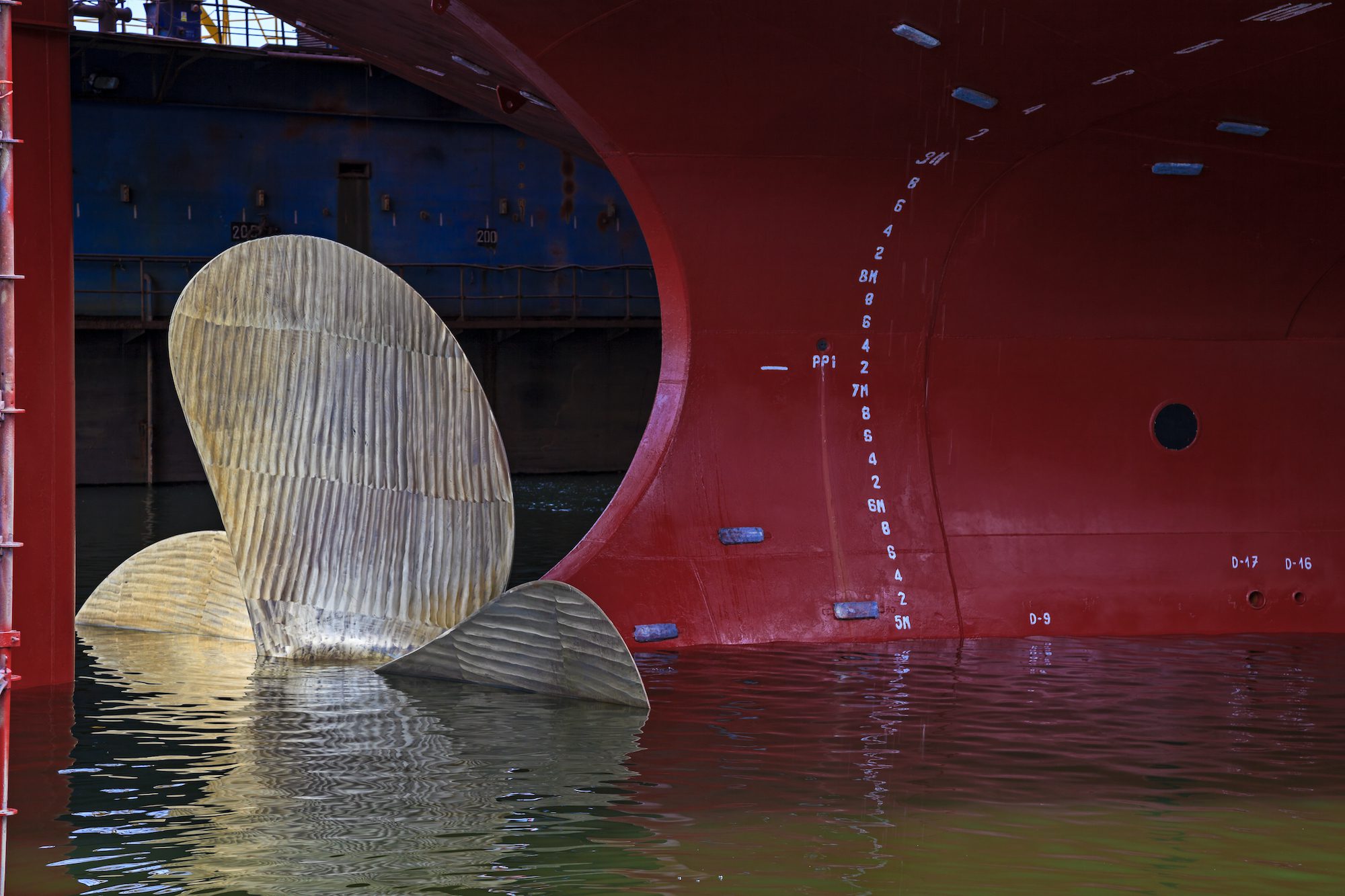A groundbreaking new study conducted by the University of Southampton is shedding light on the connection between energy efficiency and the reduction underwater noise reduction (URN) in the maritime industry.
The study, commissioned by the International Chamber of Shipping (ICS), highlights the significant impact that implementing energy efficiency strategies can have on lowering URN. The study indicates that implementing certain energy efficiency measures can lead to substantial reductions in URN.
For example, reducing vessel speed by 20% can result in a remarkable 6 decibel (dB) decrease in URN for fixed-pitch propeller vessels. The use of wind-assisted propulsion systems shows promising potential in reducing URN by up to 10 dB. Additionally, air lubrication systems have demonstrated even greater reductions, surpassing 10 dB in URN reduction. Considering the upcoming stricter Carbon Intensity Indicator (CII) requirements and the aging fleet of vessels, the study foresees a growing trend of adopting energy-efficiency measures to align with the International Maritime Organization’s (IMO) revised greenhouse gas (GHG) strategy targets.
According to the study, compliance with the IMO GHG regulations could lead to a reduction in URN from commercial vessels, depending on the chosen pathway and strategy for meeting the revised GHG targets. The study also identifies the Okeanos Foundation’s proposed global targets for URN reduction as key goals to strive for.
Leveraging the synergies between energy efficiency and URN, the study suggests that accomplishing a 3 dB reduction in shipping’s contribution to ambient noise within a decade is an attainable goal, primarily through speed reduction. By incorporating additional efficiency measures such as air lubrication or wind-assisted propulsion, the study asserts that achieving the ambitious target of 10 dB within 30 years is within reach.

 Join The Club
Join The Club











